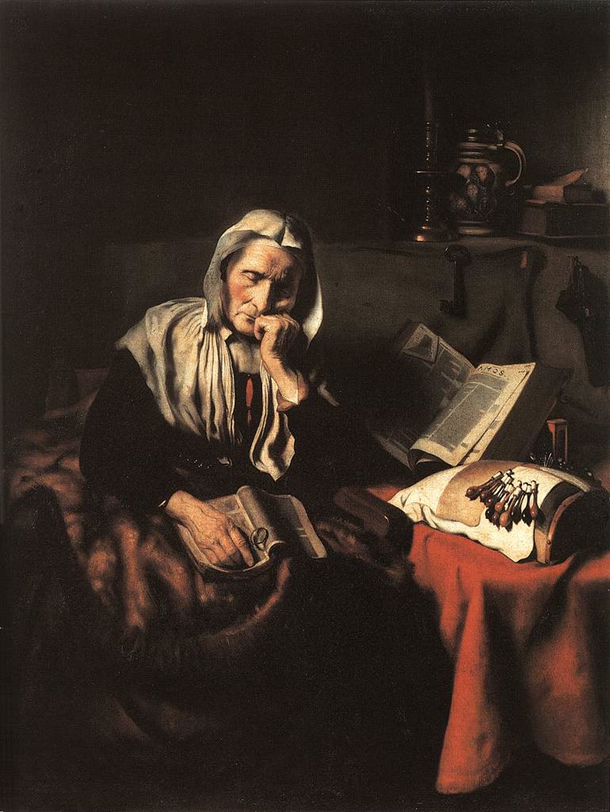
—Gotthold Ephraim Lessing, Lob der Faulheit (1747), reproduced in Werke, vol. 1, p. 77-78 (G. Göpfert ed. 1970)(S.H. transl.)
One of the key aspects of Lessing’s voluminous writings on literature and literary esthetics is the relationship between Witz, Humor and Genie—three concepts that can be rendered by their English cognates, wit, humor, and genius (though only in the second case is the English word really coterminous with the German). In general, Lessing valued the English tradition for its development of a kind of humor distinct from the then-prevailing French tradition of ridicule. The English approach reflected a genuinely humanist tradition with foundations in antiquity; in this context, Lessing repeatedly cited a passage from Pindar: “????? ? ????? ????? ???: ???????? ?? ?????? ??????????, ??????? ??” (“Wise is he who knows things through himself”).
This innocent, simple poem is a solid, lighthearted demonstration of Lessing’s principle, and a reminder, much like the works of Mozart, that the lighthearted, self-deprecating aside that aims for a simple chuckle may well be linked to serious genius, whereas a mocking, venomous, ill-spirited attack rarely is.
Remembering Gotthold Ephraim Lessing on his 283rd birthday.
Listen to a setting of the poem by Franz Joseph Haydn (Hoboken XXVIa) (1781), performed by Rüdiger Buell, with Ulrike Zeitler on the piano:


